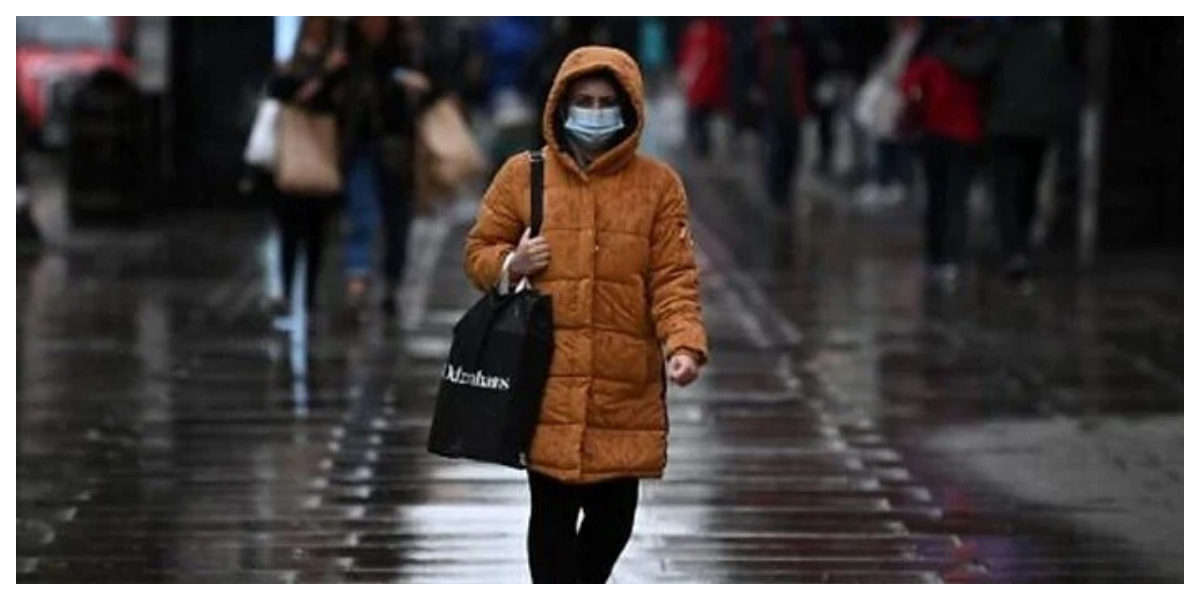Face masks are no longer necessary on French metros, trains, or planes as of Monday, as one of the last remaining health restrictions enforced since the pandemic began in 2020 was withdrawn.
Following a significant decline in Covid cases, Health Minister Olivier Veran stated last week that masks would no longer be required on public transportation and in taxis.
“I feel free. Breathing properly wasn’t that easy with masks,” said 26-year-old Parisian Jaceula Madimba in the metro on Monday morning.
France began easing its strict face mask rules in February after a winter surge in cases, but for weeks they were still required at the workplace or in schools until infections declined further.
Veran cautioned that the new measure did not mean the pandemic was over, and insisted that the mask remained recommended.
“I think wearing masks is still necessary just to be safe, for my friends and family,” said Aurelia Imbert, an engineer on her way to Czech Republic for work from Paris Charles de Gaulle airport.
Masks, as well as a health pass proving Covid vaccination, are still required for entering hospitals.
The pandemic appears under control in France for now, but some experts have warned against writing it off to the history books, as a new variant may yet emerge.
And people with weak immune systems have expressed their concern.
“I will continue to wear the mask and invite everyone to do so. We protect each other mutually, let us think of the immunosuppressed,” said French epidemiologist Mahmoud Zureik.
France has recorded just over 147,000 Covid deaths since the outbreak emerged.
In other parts of Europe, masks are still required to enter hospitals, care homes, and public transportation, but masks are only required on buses, trams, and trains in Belgium.
Masks are still required in hospitals and public transportation in Italy, as well as in movies, theatres, and schools.

















